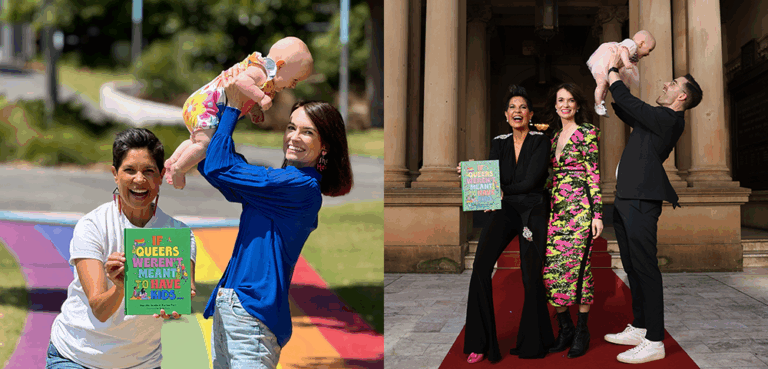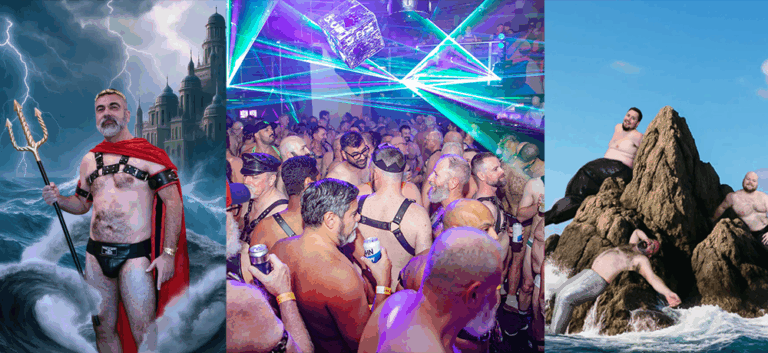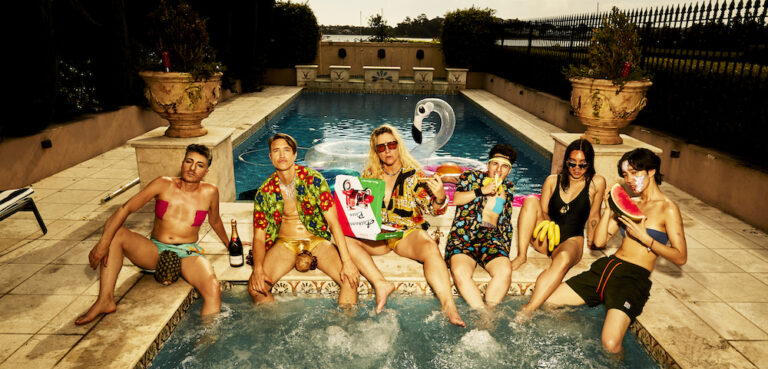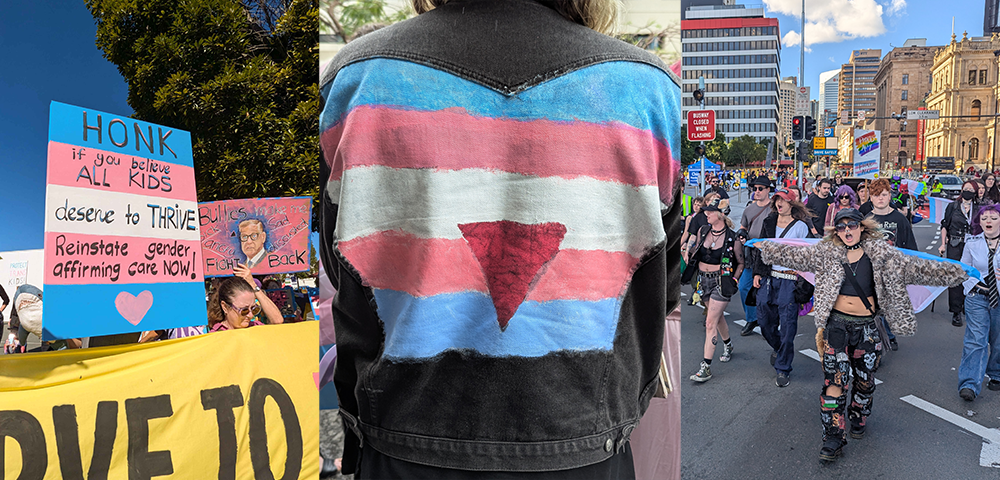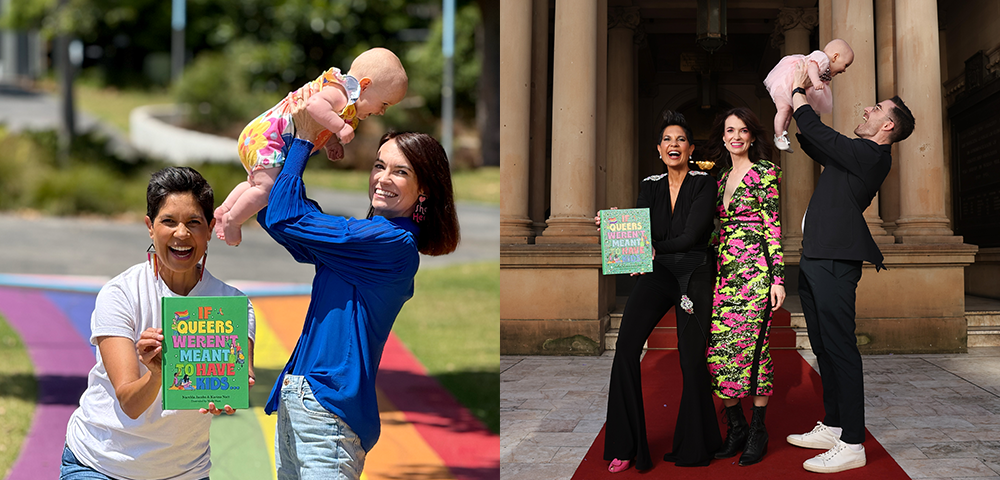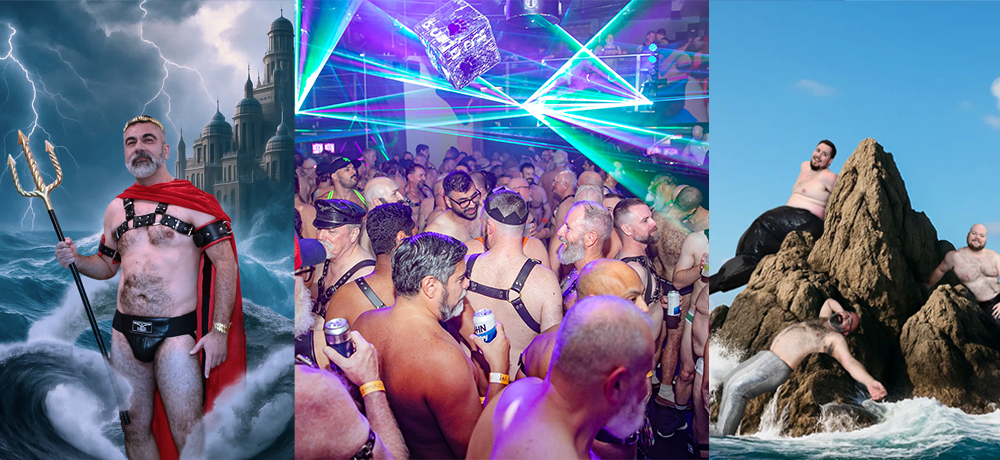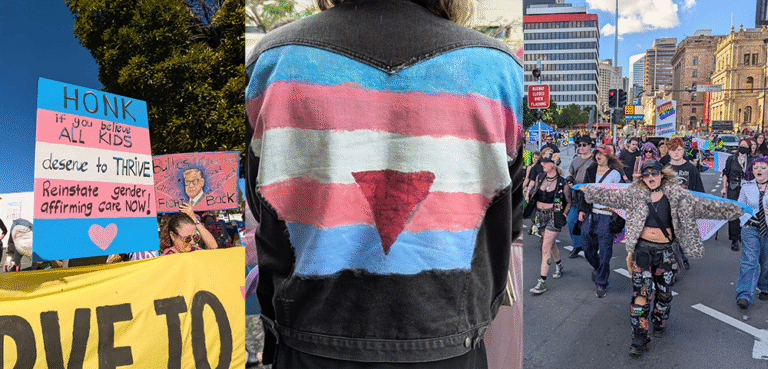
Politics slows down change in Chile
In 2004 the Chilean Supreme Court awarded custody of Judge Karen Atala’s three daughters to their father.
Custody cases are not unusual worldwide. However this case had two distinct differences: Atala was living with her girlfriend and it’s rare for a Chilean court to grant sole custody to a father.
After exhausting all domestic avenues, Atala took her case to the Inter-American Commission on Human Rights in 2005, claiming the Court made an arbitrary and unwarranted distinction between the ability of heterosexual and homosexual parents to care adequately for their children.
In a submission to the IACHR, the Ministry of Foreign Affairs justified the decision, [T]he mother … opted to cohabit with a partner of the same sex, with whom she proposed to raise her daughters, which was deemed inadvisable for the girl’s upbringing and a risk to their development in the current context of the Chilean society.
Santigo-raised Arturo (name substituted), 30, believes this case is a clear example of discrimination.
It’s so unfair. If she’s a lesbian, that’s not a reason to take her children. It doesn’t matter. This is an example of how machismo culture exists in Chile, he said.
There is discrimination about being gay or lesbian.
The current Government is debating an anti-discrimination bill which would protect gay Chileans. The bill was first considered in 2005 and received a potential boost when centre-left and pro-gay politician Michelle Bachelet was elected president in 2006.
It is very important that we have this bill. But the political process in Chile is slow. Every issue is important and must be debated accordingly. There are many things to solve in Chile and there are perhaps more important ones than gay rights, such as economic issues, Arturo said.
In an attempt to raise awareness of the anti-discrimination bill and a civil union bill also being considered, Chile’s acitivist group, Movement for Homosexual Integration and Freedom, organised a gay parade in November 2007 attended by 20,000 people.
MOVILH president Rolando Jimenez said at the time, It was an event against all forms of discrimination, where gays, lesbians, bisexuals, transsexuals and heterosexuals can dance without fear and say -˜no’ to discrimination.
Arturo believes that Chilean culture is starting to accept homosexuality.
Our culture is changing. Maybe we are following the lead set by more liberal Latin countries such as Brazil, he said. Possibly the only solution for complete acceptance is a generational change.
Popular soap operas in Chile feature gay characters, however, they are generally stereotyped.
The gay characters are so exaggerated. Having these characters can have a negative effect because society can then think all gay people are like that, Arturo said.
Santiago does feature a large gay infrastructure with many gay bars, coffee shops and discotheques, but Arturo, who’s been in Australia for five months studying business, said they are not overtly visible. Santiago has a -˜gay’ area but it’s not officially deemed as such.
I love Oxford St because it’s good to have a gay place to express your feelings, to walk on a street and not be afraid about it. In Chile we don’t have this freedom yet. We don’t have these types of places.

